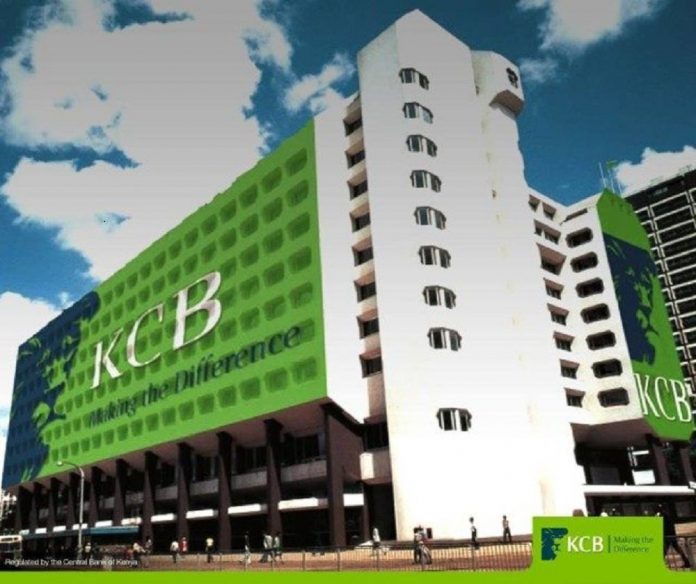By Atanas Walila, Nairobi
KCB Group PLC has recorded Sh40.8 billion in profit after tax for the full year ending December 2022 on higher funded and non-funded income streams.
The profit translated to a 19.5 percent rise in profitability from Sh34.2 billion reported in 2021, KCB said on Wednesday during the release of the financials.
The profit before tax contribution of other subsidiaries excluding KCB Bank Kenya increased to 17.0 percent, from 13.9 percent in 2021, riding on organic growth and increased scale in the businesses.
Figures indicate that revenues rose Sh108.6 billion to Sh129.9billion making a 9.6 percent increase. Costs increased from Sh47.8 billion to Sh59.4 billion, a percentage increase of 24.1 percent.
Total Assets had a 36.4 percentage increase moving from KShs.1.14 trillion to KShs.1.55 trillion 36.4 percent. Customer Loans of Sh675 billion in 2021 shot to Sh863 billion in 2022 making 27.8 percent increase.
Customer Deposits heightened from Sh837 billion to Sh1.135 trillion leading 35.6 percent increase.
KCB Group CEO Paul Russo stated that the increase was as a result of growth of new businesses, banking partners and the rise in technology in and outside the country.
“The strong performance for the year was as a result of our business strategy that is anchored on customer obsession, sharper execution, and a productive organisation culture. The business benefited from a vibrant core banking business, growth of new business lines and accelerated digital transformation to post this record performance”, said Mr. Russo
“Despite a challenging operating environment, the belief in our people, enhanced digital capabilities, impetus in our regional businesses and successful integration of Trust Merchant Bank (TMB) our latest subsidiary in the Democratic Republic of Congo makes a good case for better performance” he added.
He Further said that Revenues increased by 19.6 percent to Sh129.9 billion, driven by net interest income which grew by 11.5 percent supported by earning assets and partially offset by increase in interest expenses from higher costs of borrowing and interbank market rates.
Non-funded income grew largely driven by trade finance income, lending fees and commissions. The rise in costs was as a result of increased business activities and impact of BPR and TMB acquisitions.
Conveniency in the International Financial Reporting Standards (IFRS) led to the 1.7 percent increase in the Provisions.
Increase in the value of Assets was fueled by investment in government securities and funded by growth in customer deposits and additional borrowings.
He also mentioned that shareholders’ funds grew because of the improvement and accumulation of profits for the year 2022.

The KCB Board has proposed a final dividend payout of Sh1 per share, subject to shareholder approval. This is in addition to an interim payout of Sh1 per share which was paid out in January 2023. This brings the total dividend payout for the year to Sh6.4 billion.
“We have made significant investments in our regional expansion strategy among them, our latest entry into DRC through the acquisition of 85 percent ofTMB. The investments made are key to accelerating our future growth and commitment to delivering sustainable shareholder value,” said KCB Group Chairman Andrew Wambari Kairu.
In its social impact agenda, the KCB Foundation set aside Sh700 million where over 1,300 needy students benefited from scholarships to joined various secondary schools countrywide.
On the sustainability front, the KCB Bank screened loans worth over Sh336 billion for social and environmental risks while increasing its green portfolio in the past two years, bolstering its push for sustainable finance.
On environmental mission, the Bank has also significantly cut its carbon footprint by 11.25 percent in its premises across the seven countries it operates in, on a deliberate push to reduce carbon emissions from its operations.
The group Chair also said that the Bank gearing up to maximize on all the investments made and opportunities available in various markets.
“We have in place a robust strategy that enables us to prudently deploy our capital and resources across the region to ensure superior returns from our investments,” said Mr Kairu
End




